There are many beliefs about romantic partnerships, which are not only untrue but may even be destructive to our relationships. Holding on to ideas of how we think a relationship should function or should be is problematic, because, at the first sign of what we think is trouble, we may give up and walk away. Conversely, we may avoid entering into relationships with others because of signs we view as red flags, which aren’t necessarily indicative of a problem.
Below are four common misconceptions about relationships and the research needed to dispel these inaccurate beliefs.
1. Conflict Is A Sign Of A Bad Relationship.
Peterson (1983, as cited in Erber & Erber, 2016) defines conflict as an interpersonal process that occurs whenever the actions of one person interfere with the actions of another. He notes that conflict can end in one of three ways: destructive (which can lead to separation), adequate (creating a compromise), and constructive (which involves improvements within the relationship).
Constructive conflict can be good for a relationship because it can lead to a better understanding between the partners and increased intimacy. In fact, Pietromonaco, Greenwood, and Barrett (2004) note that “…disagreements may give partners a chance to learn and establish constructive strategies for adjusting to each other’s needs” (p. 272).

A conflict that is handled in a constructive manner leads partners to learn more about one another and gives each person the chance to clearly articulate his or her wants, needs, goals, and feelings. Do not get discouraged if you and your partner fight — conflict is inevitable. Instead, focus on ways to work together to deal with the issue(s) that led to the conflict.
Read 12 Common Habits In Healthy Relationships Every Couple Swears By
2. Cohabitation Leads To Better/Poorer Marriage Outcomes.
You will notice that this second misconception goes both ways. On the one hand, many people believe that cohabitation is likely to improve the quality of marriage because you get to live with your partner, learn about one another, and have essential practice for the real thing. On the other hand, there is a great deal of research that focuses on the connection between cohabitation and lower relationship quality. So, which is it? It turns out that the relationship between cohabitation and marriage is not all that easy to discern.
Relating to the former belief — that cohabitation improves marriage — playing house isn’t necessarily beneficial. In fact, it can be detrimental to your relationship. Research by Rhoades, Stanley, and Markman (2012) demonstrated that living together can decrease the quality of a relationship. Their research showed that as couples transitioned from dating to living together, they experienced more negative communication, increased physical aggression, and lower satisfaction. It has also been linked to an increased risk of divorce (Stanley, Rhoades, & Markman, 2006).
One hypothesis as to why this happens is because couples who may have broken up over time feel pressured to continue the relationship and get married since they are already living together (Stanley et al., 2006). Essentially, couples who may be ill-suited for one another are tackling the challenging issues that come along with forming a life together and moving on to the next step before adequately resolving them.
Read Why The Zodiac Signs Are Afraid Of Taking The Next Step In A Relationship
It is important to note that the research on cohabitation is not that clear-cut — far from it. A meta-analysis examining 26 studies on cohabitation showed some interesting results. While a negative association was witnessed for marital stability, the effect no longer remained when only the cohabitation with the eventual partner was analyzed (Jose, O’Leary, & Moyer, 2010).
This means that those who only chose to live with the person whom they would eventually marry did not suffer any decrements to marital stability as a result of living together. Those who lived with many people were negatively affected. Essentially, those who live with many people before getting married are choosing to cohabitate with others to whom they may not be as committed. People who only live with their eventual marriage partner may be attaching more meaning to living together and, as a result, are not demonstrating the negative outcomes associated with cohabitation.
The authors of the aforementioned meta-analysis note that there may be inherent differences between cohabitators and non-cohabitators, such as religiosity, views toward marriage and divorce, etc., which may affect the quality and stability of the relationship (i.e., cohabitating in and of itself may not be what is leading to the witnessed outcomes) (Jose et al., 2010).
Therefore, the relationship between cohabitation and marriage may not solely be a result of living together, and instead may be related to other individual differences and each partner’s level of commitment.
3. Opposites Attract.
This is one of the most persistent misconceptions about relationships. Opposites do not attract. Rather, it’s birds of a feather that flock together. Research has shown strong evidence for assortative mating, which involves the nonrandom coupling of individuals who resemble one another on one or more characteristics (Buss, 1984; Watson, Beer, & McDade-Montez, 2013).
Based on the likes-attract hypothesis, individuals relate self-perception on one trait to the selectivity of mate preference in the same trait (Buston & Emlen, 2003). Therefore, when selecting a potential partner, we would show a preference for individuals with traits similar to our own. The similarity is even a major factor when people decide whether or not to pursue an online relationship (Barnes, 2003, as cited in Anderson & Emmers-Sommer, 2006).
Other research by Markey and Kurtz (2006) shows that successful couples are those in which the partners complement one another. In this case, the partners aren’t opposite one another, but instead, add qualities that enhance and fit in with the other partner’s existing life.
4. The Divorce Rate Is 50 Percent.
Most of us have heard at one point or another that half of all marriages end in divorce. The 50-per cent divorce statistic is overinflated by those who marry and divorce multiple times. Determining the exact divorce rate is tricky because not all states record and keep the data. In fact, many have concluded that divorce may either be stable or on the decline over the past three decades (Kennedy & Ruggles, 2014).
Also, when people report the divorce statistic, they are usually calculating it as the result of dividing those who married by those who divorced. This does not account for the fact that those who are divorcing are not necessarily the same people who married. Using that method, we are actually comparing people from different generational cohorts. Many researchers say that the number has never actually exceeded 41 percent (Hurley, 2005).
Read The Man You’ll Marry (And Divorce), According To The Zodiac Signs
The divorce rate varies by cohort and is changing as a result of people waiting longer to get married, and focusing on their education and vocation before settling down.
Please keep these four commonly held misconceptions about relationships, and the research provided to debunk them, in mind. Knowing this important information will help you when considering your own romantic partnerships.
References: Anderson, T. L., & Emmers-Sommer, T. M. (2006). Predictors of relationship satisfaction in online romantic relationships. Communication Studies, 57(2), 153-172. Buss, D. M. (1984). Marital assortment for personality dispositions: Assessment with three different data sources. Behavior Genetics, 14, 111–123. Buston, P. M., & Emlen, S. T. (2003). Cognitive processes underlying human mate choice: The relationship between self-perception and mate preference in Western society. Proceedings of the National Academy of Sciences, 100(15), 8805-8810.
Written by: Marisa T. Cohen For more information about Dr. Marisa T. Cohen and her work, please visit her website: www.marisatcohen.com Originally appeared on:Psychology Today Republished with permission
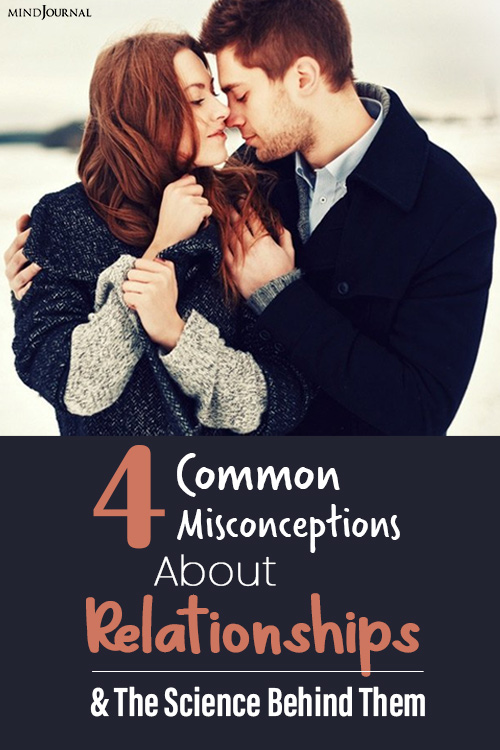
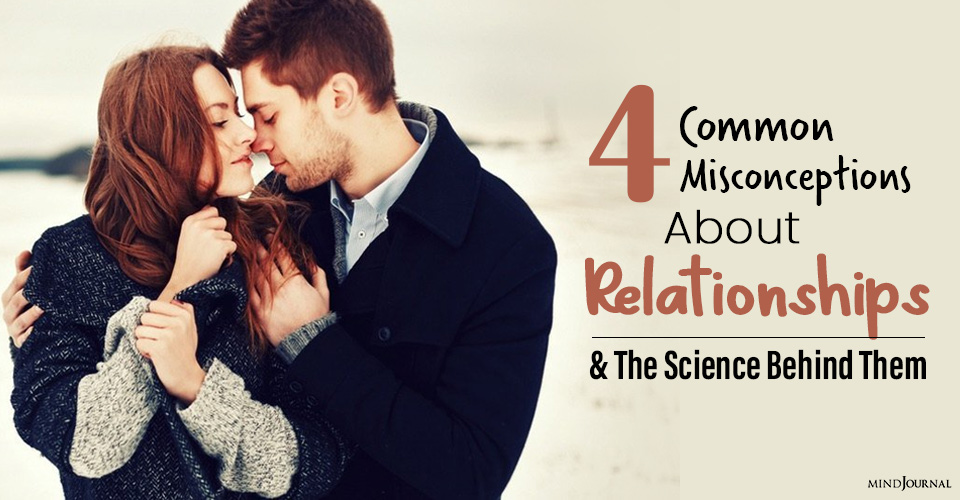




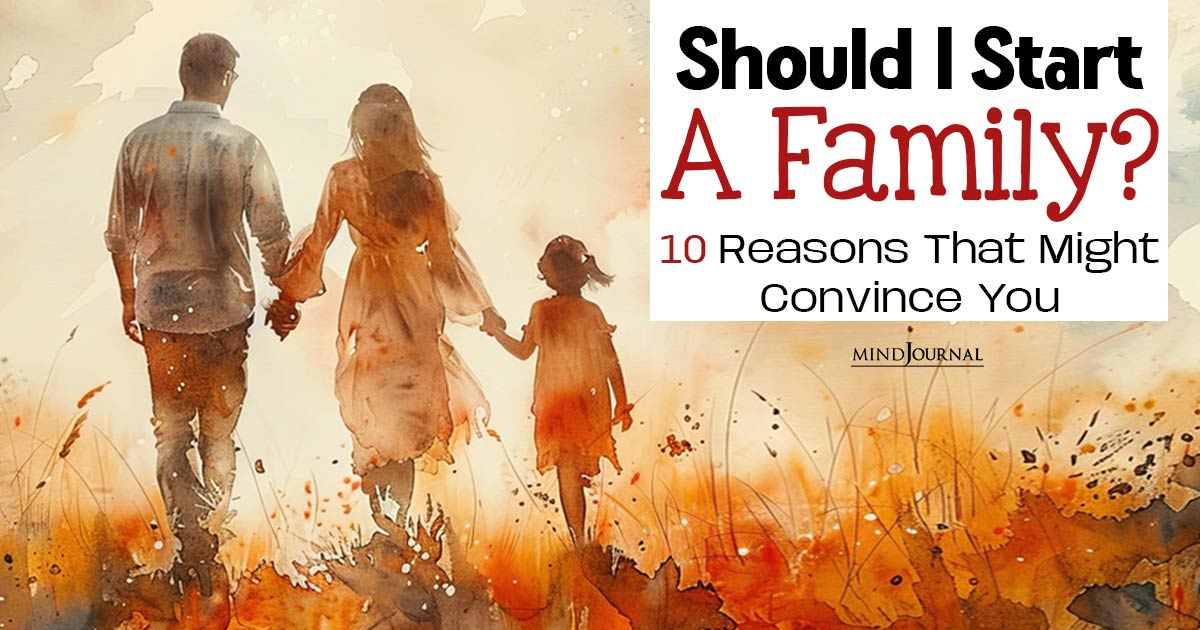
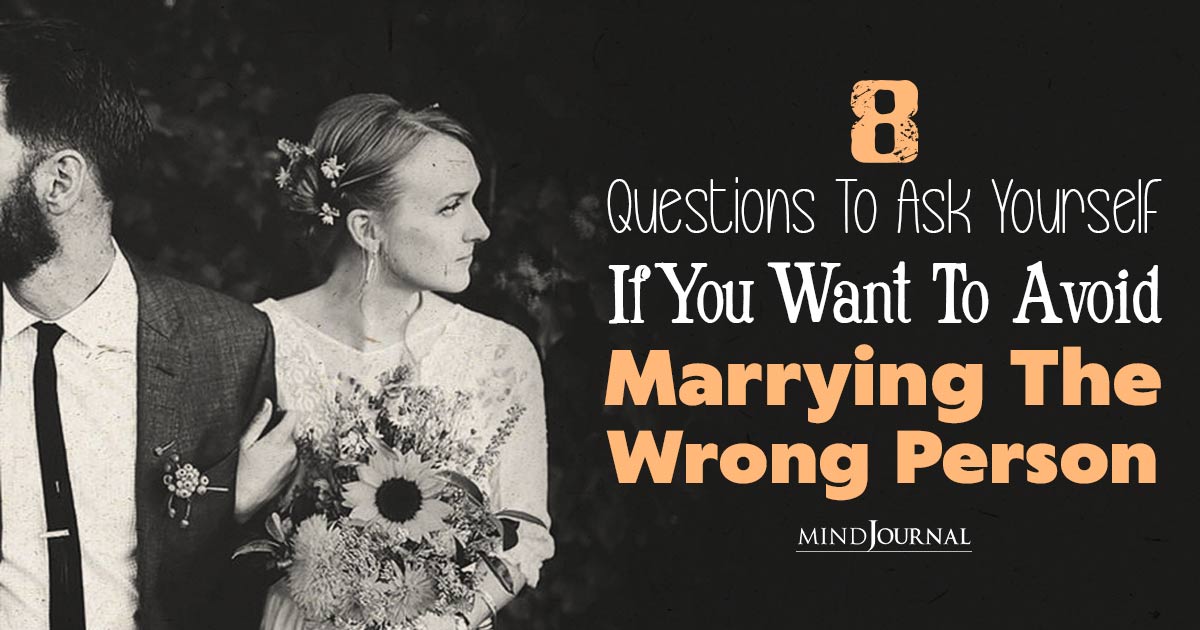
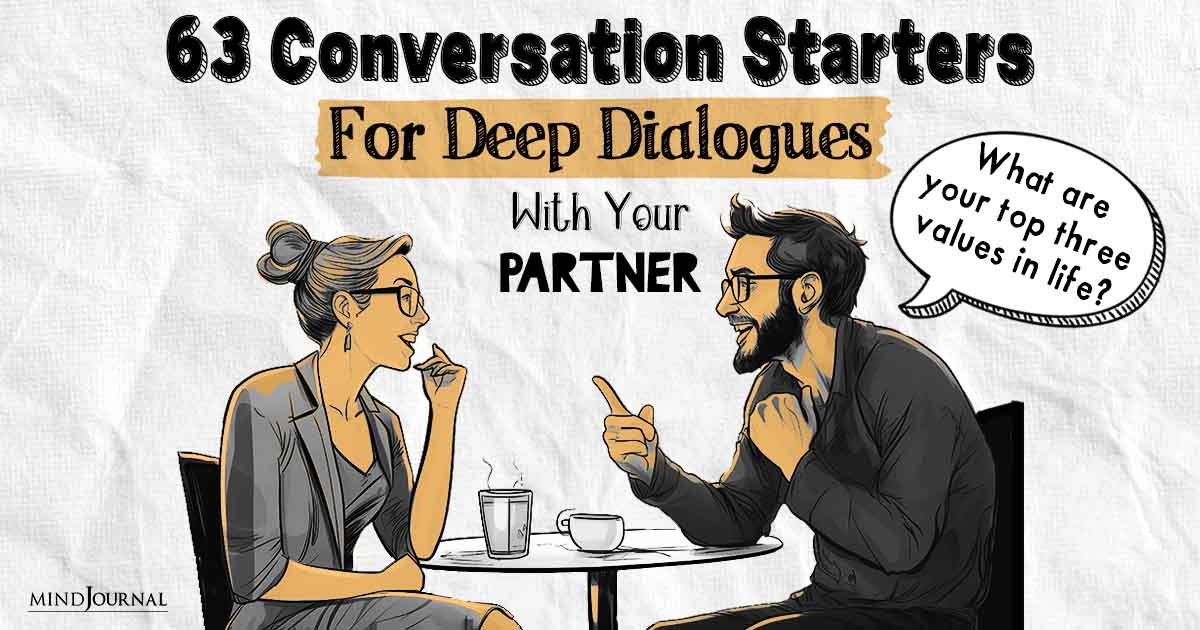
Leave a Reply
You must be logged in to post a comment.